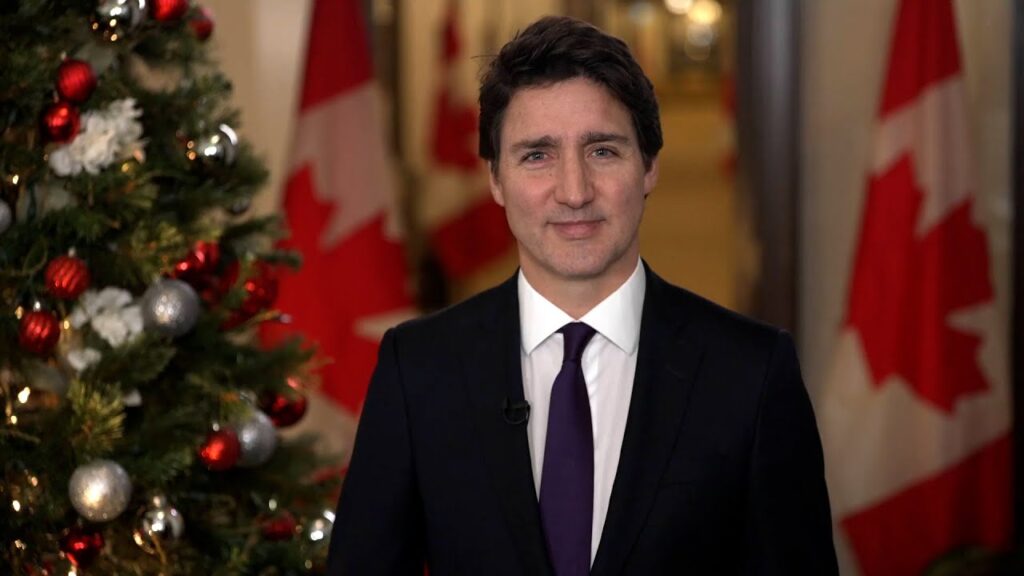This is a guest post by economist James P. Barrett, Ph.D.
“Utterly Boneheaded.” That is how Joe Nocera, writing in The New York Times characterized James Hansen (head of NASA Goddard Institute for Space Studies), Bill McKibben (founder of 350.org) and other climate change activists opposing the Keystone XL pipeline.
If you haven’t been following it, the pipeline in question would bring something called bitumen, extracted from oil soaked sands in Canada, to U.S. refineries in Texas where they would turn it into oil products for sale on international markets.
If they stop the pipeline to Texas, activists will force oil companies to look at a more expensive plan to build a pipeline to British Columbia and ship the bitumen from there to refineries in China, an alternative that is facing its own opposition within Canada.
What Nocera thinks is boneheaded is not so much that activists want to reduce oil consumption and carbon emissions per se, but their strategy overall. As long as the demand for oil keeps going up, oil producers will keep developing unconventional oil reserves like the Canadian tar sands in question. In Nocera’s view, attacking the pipeline and the tar sands won’t help as long as the demand for oil is strong and growing. The problem, as he sees it is demand, not supply.
Nocera is right, but only to the extent that his point is meaningless.
Demand and supply are equally important markets. Having one is pointless without having the other. If activists can make supplying oil more difficult, and thus more expensive, oil supply will go down, less oil will make it to market, and less carbon will hit the atmosphere. If oil supply goes down, oil consumption will go down. It’s Economics 101. Literally.
In truth, no matter how expensive activists make it, interfering with the development of Canadian tar sands will have a small if any impact on oil prices.
That’s because oil is bought and sold on a huge global market. The price is set by global economic factors with a fair amount of influence from the largest producers, like Saudi Arabia, that can raise or lower production in response to prices. Oil from the tar sands is a tiny drop in this huge oil barrel.
And this is where Nocera, a former Business columnist for the Times and 10-year veteran of Forbes magazine, goes full bonehead himself.
He claims that Hansen’s hope of charging oil companies a fee based on the pollution their products cause will actually increase oil production. Hansen hopes that such a fee would reduce carbon emissions by 30%.
But Joe Nocera knows better: “…maybe. But it would also likely make the expensive tar sands oil more viable. If you really want to eliminate expensive new fossil fuel sources, the best way is to lower the price of oil, which would render them uneconomical.”
The logic is absurd on its face: Imposing a fee on oil production would increase production of the most expensive types of oil to produce. If taxing things made them more profitable (why else would production go up), then why isn’t the oil industry screaming for new taxes, (or better yet, giving back the considerable tax breaks they already get)?
Nocera makes an elementary mistake that my freshmen economics students used to make on occasion (very rare occasion): Taxes raise prices that consumers pay, while lowering the prices that producers get. It’s a perfect example of the classic “tax wedge,” which I expected my freshmen to understand by the end of their first semester.
The dripping irony is Nocera’s call for reducing oil consumption by encouraging oil production, all framed in an argument that calls others people’s logic “backwards.”
Whatever you think of climate change or the Keystone XL pipeline, you may not simultaneously claim that the problem with oil markets is high demand while also claiming that increasing oil prices would make the problem worse.
You should probably also not mock people as boneheads while you’re doing your best to act like one yourself.
Image credit: Doc Searles | Wikimedia Commons
Subscribe to our newsletter
Stay up to date with DeSmog news and alerts







